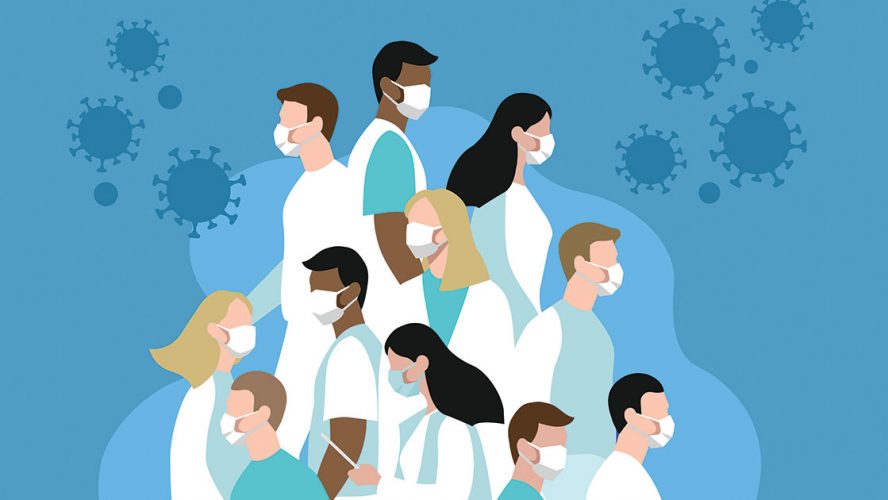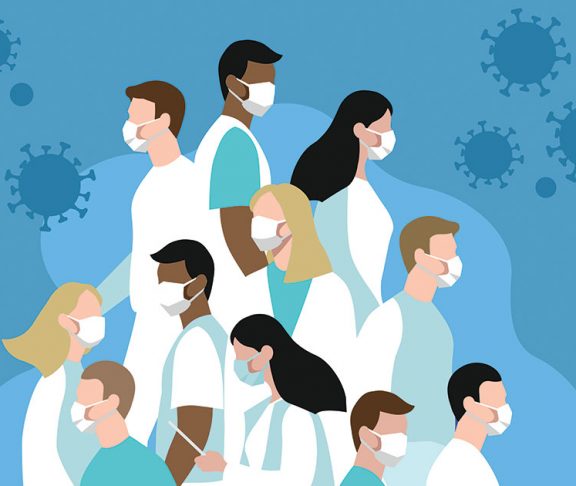
Mercy Gono BSN, RN
Mercy Gono started her YouTube channel during her first years working as a registered nurse, when she felt isolated and unsupported at her first hospital. “I was, at the time, the only black female my age that was ever hired on my unit,” she said. “There was not a lot of diversity, so I don’t think the rest of the people there were used to that. I’m not sure what it was, but I was treated very badly. I used to cry every day.”
The demands of the job left little time for a social life, so Gono turned to the internet for comfort and connections. “I started watching a lot of YouTube and I saw that as an outlet,” she said. “Coupled with my love for teaching, I thought that would be an opportunity to reach out to someone who may be going through something similar.”
Come a long way
Gono’s YouTube channel now has over 300,000 subscribers, where she educates viewers on working as a registered nurse. “There’s a lot of misconceptions that nurses just follow doctor’s orders, that we don’t have a head of our own, we don’t critically think, we just do what the doctor says — but that is far from the truth,” Gono said. “There is a lot of critical thinking and nursing judgment because we’re the ones there with the patients every single day.”
Nurses are currently on the frontlines of the COVID-19 pandemic, braving hospitals with a shortage of protective gear. “One of the biggest problems hospitals are having is that they don’t have the proper PPE [personal protective equipment],” Gono said, “so nurses are not only having to take care of those really sick patients, they’re not only having to worry about possibly getting contaminated and taking something home to their families, but they also have to worry about making their own protective gear.”
Along with a shortage of protective medical equipment, America also faces a nursing shortage. “Thousands of nurses graduate every month, but then there’s always a shortage,” Gono said, “and the reason for that is because sometimes, like in my situation, I ended up quitting because of nurse incivility. Other people end up quitting because of lack of staff, where one nurse ends up going 12 hours without eating or having time to even pee, then you go home, you can’t do anything and you have to wake up the next morning and go again.”
A demanding job
The high demands of the work can lead to nurse burnout, and Gono said that hospitals and institutions should do better to look after nurses’ mental health. “Nurses should be given the opportunities to talk to counselors and other people going through the same things that they are,” Gono said. Talking about her stress online is what attracted so many viewers to her YouTube channel in the first place. “It’s also important to find other hobbies that interest you, not just to do nursing and work seven days a week,” she said. “Even if it’s being a mom or shopping or crafting or cooking, find that one thing that makes you happy.”
Gono said that nurses’ increased visibility and support from communities is heartening to see during these dark times. “Within the nursing community, nurses always say that we’re heroes, but a pandemic like this really proves that,” she said. “As a human, and a mom, and a wife, it’s scary to be out there on the frontline, but as a nurse, you know that this is ultimately what you signed up for. We do that every day but on a smaller scale, but in times like these, this is when everybody is able to see what we do.”



